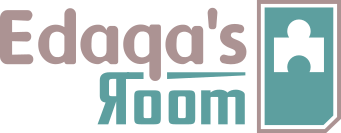
Information required to solve a puzzle not found within the game world
Knowledge required to solve a puzzle, which cannot be found within the game world, is called external knowledge. A player, with no previous exposure to this information, will need to do real world research in order to solve puzzles using external knowledge.
The prominence of external knowledge can divide games into three categories:
These are rough characterizations to help determine the expectations of the audience. The trivia and indpendent categories have a well defined set of boundaries, making it easier to match what a player will expect of the game.
Games can have tools that the players use to sovle puzzles. Though it seems related to external knowledge, the tool aspect itself does not define that aspect.
For example, using a real-world mapping service would certainly qualify as external knowledge, as these are maps of our world, not the game world. However, a deductive logic tool, which gives you a grid to work out the answer, relies entirely on knowledge from within the game world.
A game may also present external knowledge within the game world, such as have a book that presents wikipedia pages. If the entirely of wikipedia was present, we'd consider it a real-world research system, thus external knowledge. However, if the game isolated the needed pages, would it become independent, in-game, knowledge?
See Game platform.
If you have any questions, need an example, or want clarification, then let me know. Ask on Discord or Twitter.
Assume everything in this reference is a working draft, there's prone to be some mistakes and inconsistencies. I figure it's best to publish and get feedback rather than write for years in secret. The terms will change, the structure will shift, and the bugs will be chased out. It'll take a while.